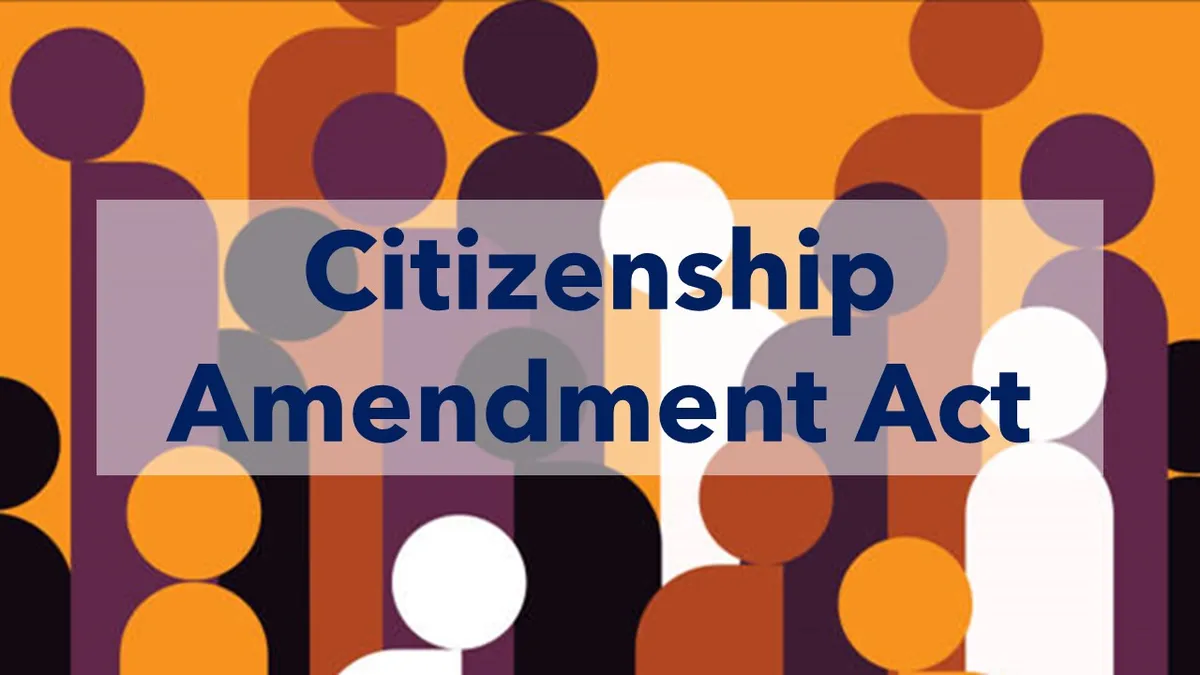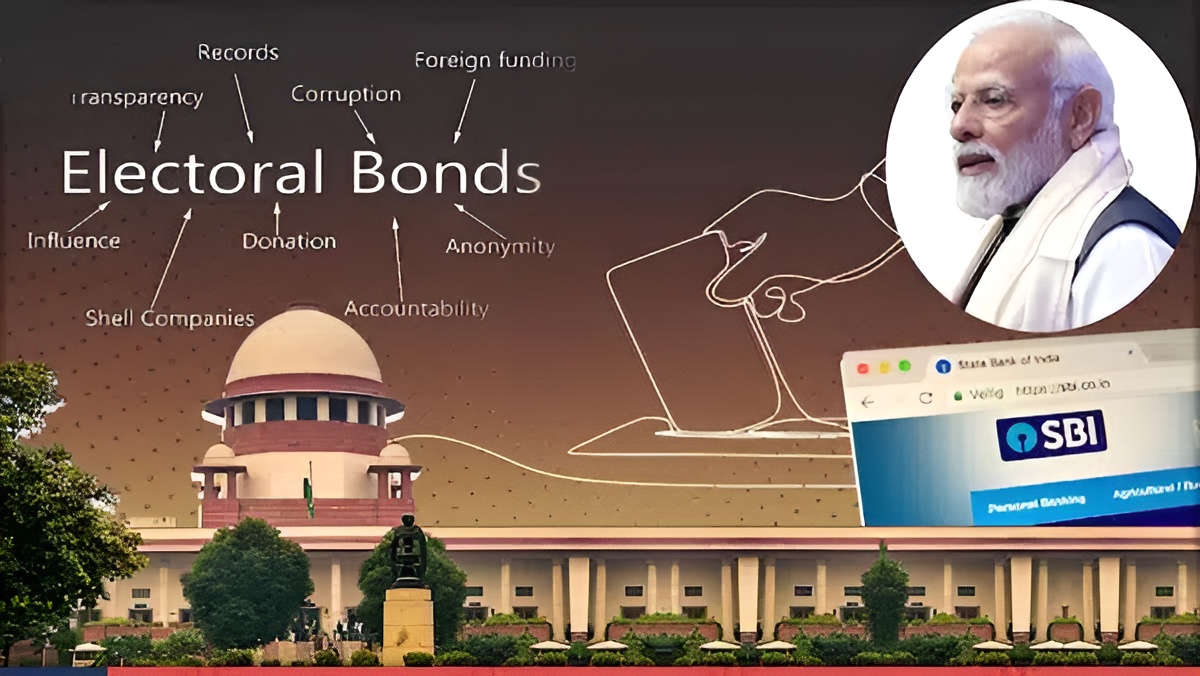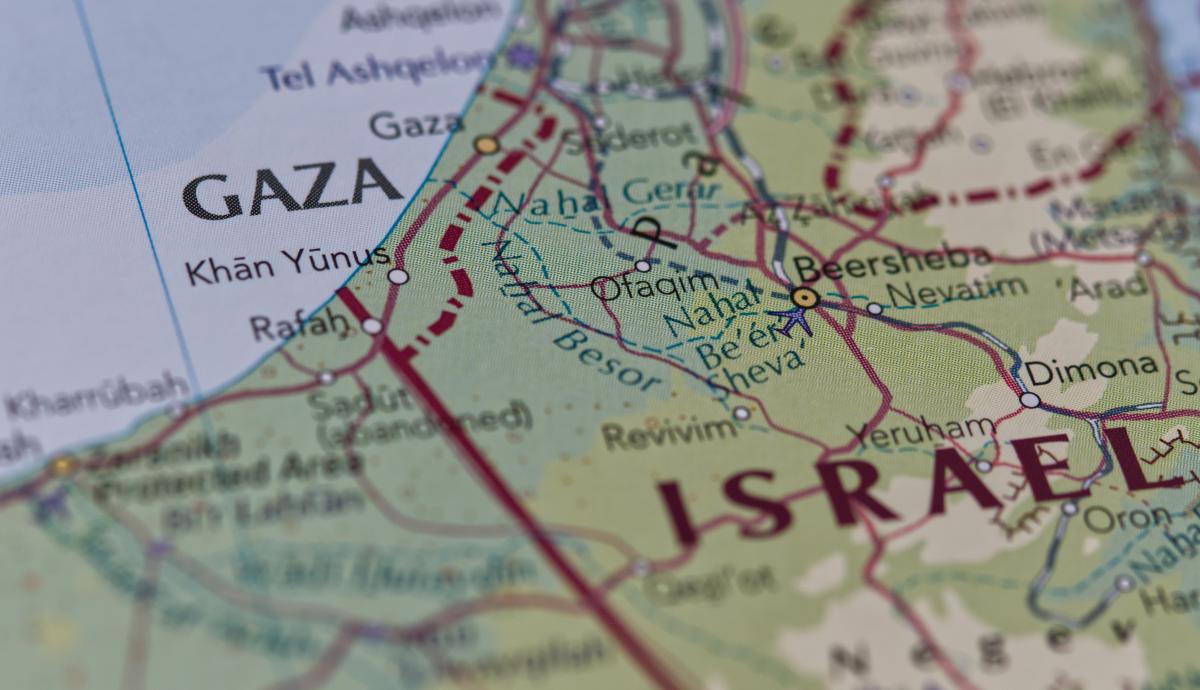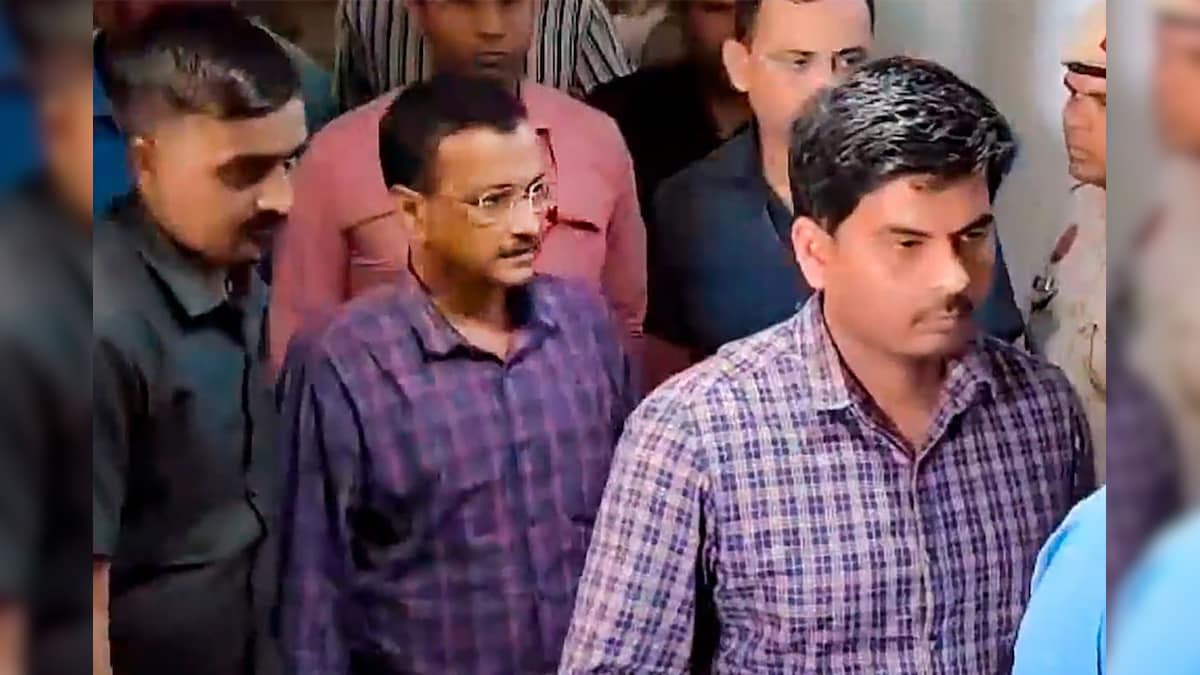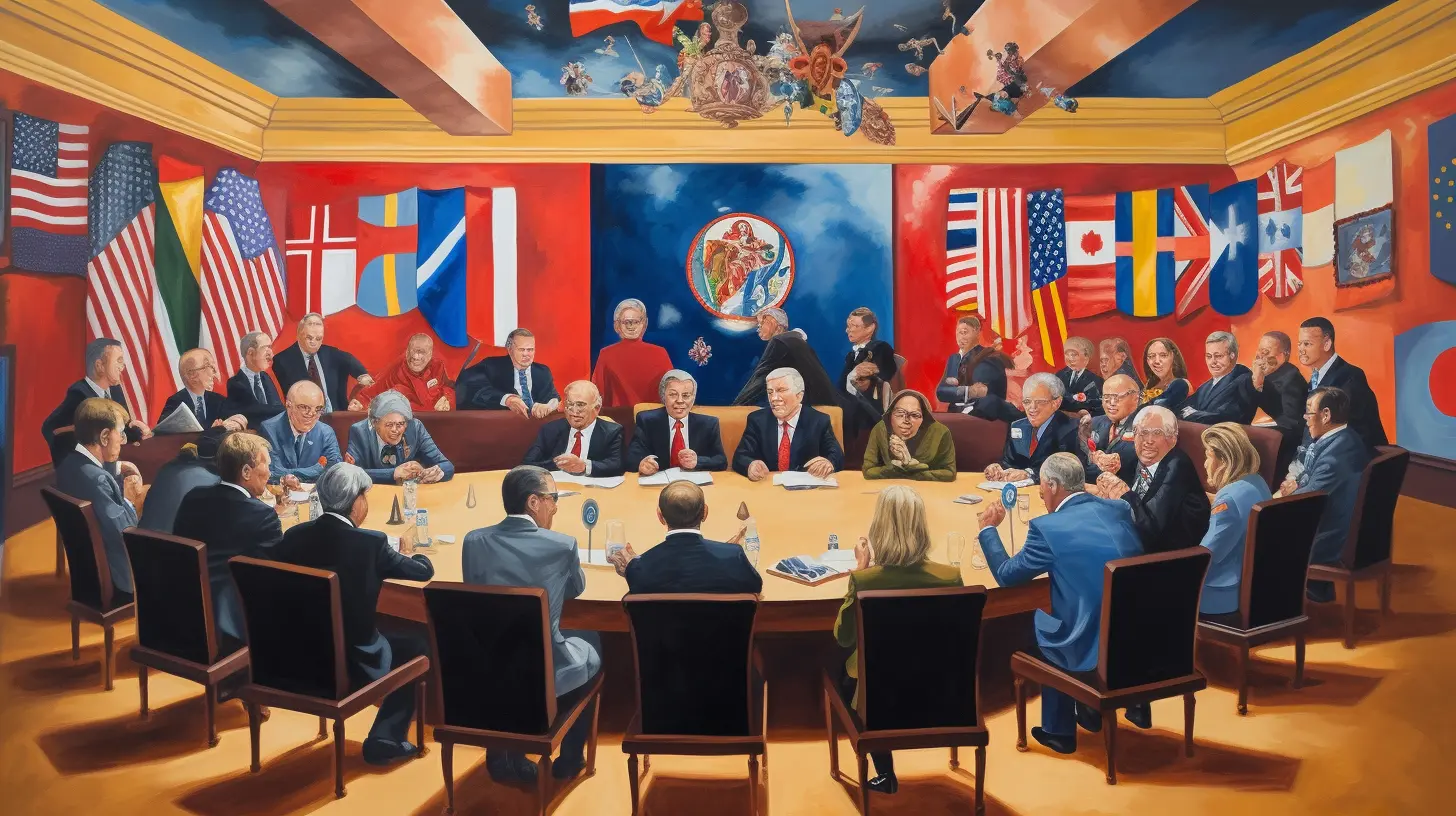As more information about the electoral bond scam comes to light, attention is focused on the Citizenship (Amendment) Act (CAA), which Union Home Minister Amit Shah announced would be implemented. This action, which comes almost four years after its death and just before general elections, highlights the BJP’s calculated political manoeuvres.
The National Register of Citizens (NRC) effort in Assam, where people were asked to provide documentation verifying their citizenship status, is where the CAA had its start. The story of widespread infiltration by millions of Bangladeshi Muslims was taken aback when the true numbers showed a quite different picture of the situation. Just 7 lakh of the 19 lakh people without the necessary documentation were Muslims. The CAA was introduced in reaction to this setback, with the goal of granting citizenship to non-Muslim refugees who came to India prior to December 2014 and came from Afghanistan, Pakistan, and Bangladesh.
But the exclusion of Muslims from this provision set off a nationwide chain of events that culminated in the famous Shaheen Bagh riots, which were mostly organised by Muslim women. These protests took place across the country, particularly in educational institutions like Aligarh Muslim University and Jamia Millia Islamia. Tensions were heightened by the government’s harsh response, which included violent crackdowns and provocative statements made by BJP officials. These actions finally burst into riots in the capital, which mostly claimed the lives of Muslims.
Some believe that the CAA favours some religious groups over others when granting citizenship, thus violating the fundamental principle of equality before the law, which is established in Article 14. The Act’s emphasis on religion as a qualification for citizenship disqualifies persecuted communities outside of the three designated countries and keeps them out of reach for persecuted minorities like Pakistan’s Ahmadiyya Muslims. Furthermore, questions concerning the integrity and inclusivity of India’s citizenship structure are raised by the loosened requirements for proof of persecution and the accelerated naturalisation procedures.
The government’s defence of giving sanctuary to marginalised communities facing persecution in nearby nations ignores the larger humanitarian imperative and fails to address the plight of oppressed groups such as the Rohingyas in Myanmar and the Tamil Hindus in Sri Lanka. The policy’s discriminatory implementation highlights how polarising it is by nature, escalating already-existing conflicts within India’s heterogeneous social structure.
The legal challenges thrown at the CAA highlight how quickly the courts must step in to settle this hotly contested matter. Although state leaders like Mamata Banerjee and Pinarayi Vijayan have pledged not to implement within their own jurisdictions, the Supreme Court’s thorough legal analysis will ultimately determine the final outcome.
Essentially, the CAA seems like an additional pawn in the political game plan of the BJP, intended to take advantage of sensitive subjects and strengthen its support base. However, the party’s divisive agenda faces a significant challenge from the opposition from a number of sources as well as the legal examination.
Upholding the secularism and inclusion ingrained in India’s democratic spirit is crucial in the fight against the poisonous effect of sectarian politics, both in society and in politics. India cannot move towards a more just and peaceful future unless it makes a determined effort to counteract divisive speech and defend constitutional ideals.
